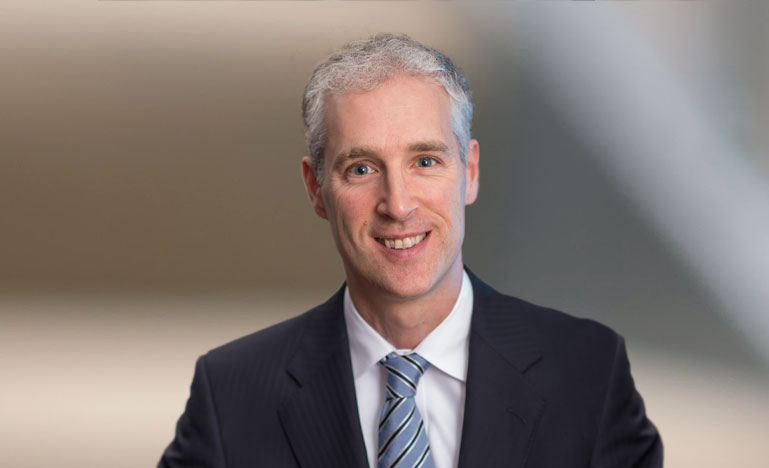Building pro bono culture
How Lawson Lundell gets its lawyers to give back.

Pro bono work at Lawson Lundell is a firm-wide responsibility. This approach to public interest advocacy has taken Lawson Lundell lawyers from the Supreme Court of Canada to the streets of Vancouver's most disadvantaged neighbourhoods.
"It's a big part of our culture, something we're proud of doing," says Marko Vesely, a Vancouver-based partner in Lawson Lundell's litigation group and a member of the firm's Executive Committee.
One of the largest law firms in Vancouver, and with offices elsewhere in Western Canada, Lawson Lundell's pro bono work includes: representing interveners in civil liberties matters before the Supreme Court; supporting non-profit organizations such as Yellowknife's Folk on the Rocks festival, and Can Praxis equine therapy for military and first responders facing post-traumatic stress disorder and operational stress injury; and representing vulnerable people in legal matters.
Vesely, who's been with the firm for over 20 years, says there are four core elements to Lawson Lundell's pro bono approach: senior leadership, firm culture, formal structures, and a balance between taking on public interest cases and assisting individuals who need legal help.
"Pro bono can't be seen as a task for just the junior lawyers to do. It needs to be something where senior lawyers in the firm lead and set an example as well," he says. "It starts with culture, but it can't just be that."
It's why Lawson Lundell makes tangible and structured commitments. A committee oversees and approves pro bono activities, and associates can apply up to 50 hours of billable time to pro bono work.
"What we're doing is attempting to shift the cost from it just being the associate bearing that cost to it being borne by the firm by reducing that billable hours target," says Vesely.
Lawson Lundell's pro bono record includes intervening in high-profile and significant public interest cases for the B.C. Civil Liberties Association. Vesely helped to represent the BCCLA before the Supreme Court in A.B v. Bragg Communications Inc., in which the court granted anonymity to the plaintiff in a cyberbullying case but allowed the press to cover the case. Lawson Lundell also represented BCCLA as interveners in Greater Vancouver Transportation Authority v. Canadian Federation of Students — British Columbia on a matter involving political advertising. And it represented the CBA during a lengthy challenge to the constitutionality of provisions of the Proceeds of Crime (Money Laundering) and Terrorist Financing Act. Eventually, the Supreme Court reaffirmed the protection of the solicitor-client relationship.
While appearing before the Supreme Court is a highlight for any lawyer, Vesely says taking on individuals' cases is also an established part of the firm's pro bono culture. The firm's lawyers regularly participate at in-person clinics where clients in need get free half-hour appointments. He says some cases can be addressed during that consultation, while others that start with an appointment can become full-fledged cases.
In any matter, Vesely says that the firm's lawyers strive to provide the same level of preparation and service as they would for a corporate client.
"That's not hard to do, because we take them on because they're compelling cases," he says. "And people don't have to work very hard to do their best work because they tend to really care about the people they're helping."


